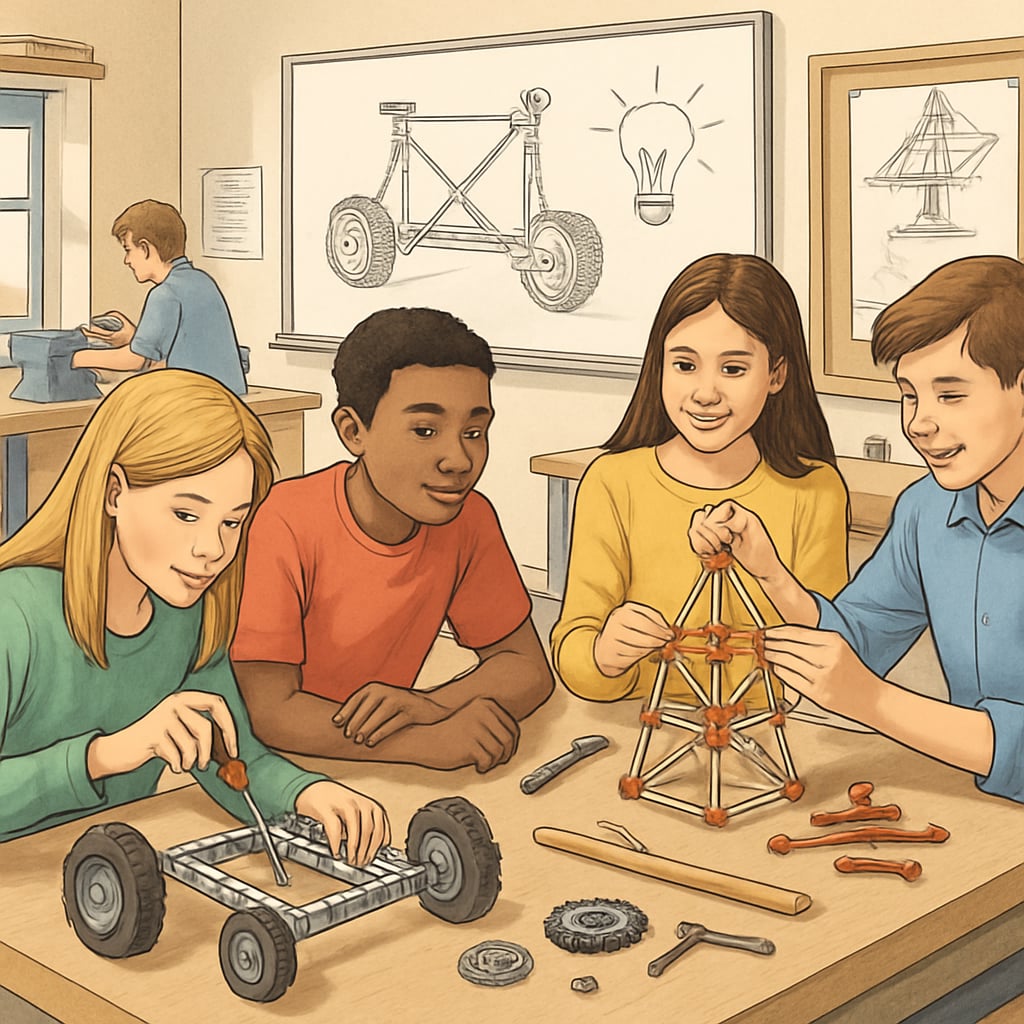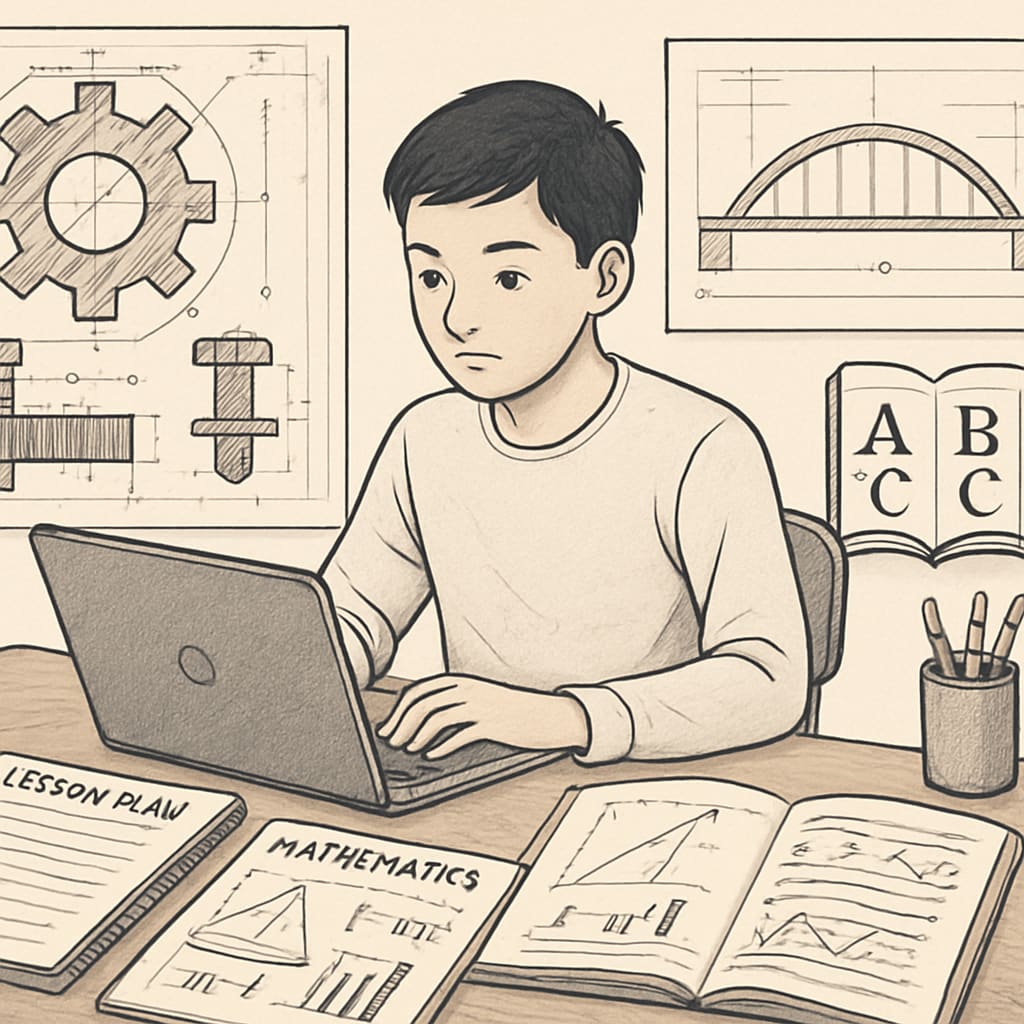Combining an education degree with an engineering degree in a dual major program may seem like an ambitious venture, but it is increasingly becoming an attractive option for students seeking interdisciplinary career paths. The convergence of education and engineering offers unique opportunities to innovate and transform industries like STEM education, instructional technology, and workforce training. This article delves into the feasibility of pursuing this dual degree, highlights the challenges, and provides actionable advice for students to succeed in this demanding yet rewarding academic pursuit.
The Value of Combining Education and Engineering
Both education and engineering are fields that demand critical thinking, creativity, and problem-solving skills, yet they approach these qualities from different angles. Engineering focuses on innovation, design, and technology, while education emphasizes communication, adaptability, and human development. By merging these two disciplines, students can create career paths that leverage technical expertise in tandem with teaching and leadership skills. For example, graduates of such dual programs might excel in developing STEM curricula, designing educational software, or leading technical training programs in industries where continuous learning is critical.

Challenges of Pursuing a Dual Degree in Education and Engineering
Pursuing dual degrees in education and engineering is not without its challenges. Both fields have rigorous academic requirements, and combining them demands exceptional time management and dedication. Engineering curriculums often involve complex mathematics and science courses, while education programs require a deep understanding of pedagogy, psychology, and communication strategies. Students must be prepared to navigate these distinct yet overlapping demands on their time and cognitive resources.
Key challenges include:
- Balancing the workload of two demanding disciplines
- Meeting the prerequisites for both degree programs
- Finding institutions that offer flexible dual-degree options
- Managing financial costs for extended study periods

How to Plan Your Dual Degree Journey
If you’re determined to pursue a dual degree in education and engineering, careful planning is essential. Here are some steps to consider:
- Research Institutions: Look for universities that offer dual-degree programs or allow students to combine majors. Some schools even provide accelerated tracks to reduce the time required.
- Define Your Goals: Identify your ultimate career objectives. Are you interested in instructional design for technical subjects or engineering education reform? Knowing your goals can help you tailor your coursework and extracurricular activities.
- Consult Advisors: Engage with academic advisors to ensure your course schedules align with the requirements of both degrees.
- Leverage Internships: Seek internships that integrate both fields, such as working with STEM education nonprofits or companies that offer engineering training programs.
Career Opportunities for Dual-Degree Graduates
Graduates with dual degrees in education and engineering are uniquely positioned to tackle interdisciplinary roles. Some potential career paths include:
- Developing STEM-focused educational programs
- Creating instructional technologies and learning platforms
- Working as technical trainers or education consultants in engineering fields
- Advocating for education reforms that emphasize STEM education
For example, some graduates go on to work with organizations like the National Science Foundation or engineering firms that prioritize educational outreach. These roles often require both technical expertise and the ability to communicate complex ideas effectively.
In conclusion, pursuing a dual degree in education and engineering is a challenging but rewarding path that opens doors to innovative career opportunities. By carefully planning your academic journey and leveraging interdisciplinary experiences, you can position yourself at the forefront of industries that value both technical and educational expertise.


